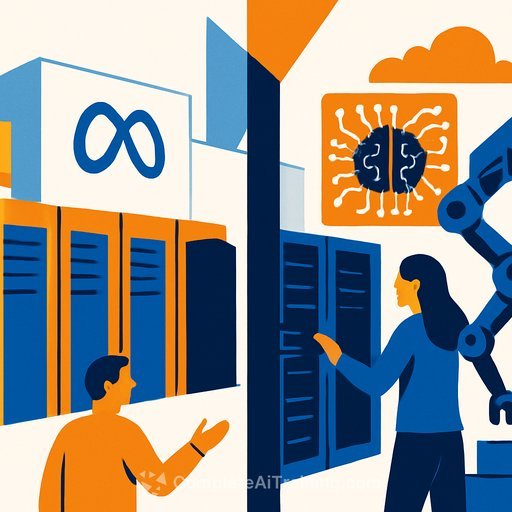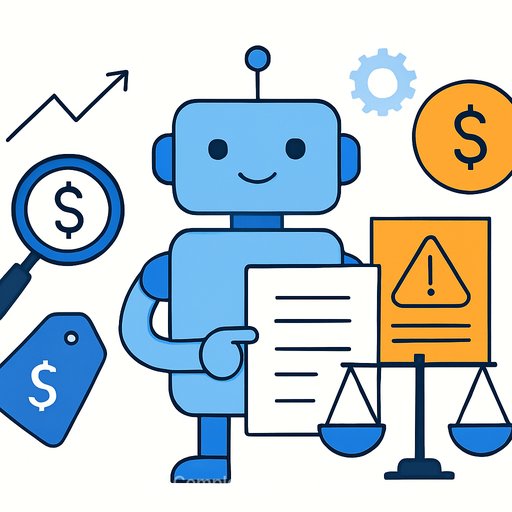Financial planning used to be straightforward—save a fixed amount, invest in a few trusted options, and hope for steady growth. Today, that approach falls short. Inflation varies across sectors, life goals shift, and investment options multiply. Yet many still rely on vague advice or gut feeling to make critical financial decisions.
Artificial Intelligence (AI) changes this by using real data instead of guesswork. It factors in projected costs for specific goals, sector-wise inflation rates, personal timelines, income, and risk tolerance. This creates a dynamic financial plan that adjusts as your life and the market change.
Why Financial Planning Needs AI Now
Financial planning today requires juggling multiple factors: short-term expenses versus long-term ambitions, balancing investments with insurance, and managing tax efficiency amid fluctuating income and market conditions. Your priorities evolve—new job, family changes, health needs—and your financial plan must keep pace.
AI’s ability to analyze vast data sets and learn from outcomes makes it an ideal partner in managing this complexity. It offers strategies that adapt to your changing situation rather than static plans based on past rules.
Where AI Makes the Biggest Difference
Goal Discovery – How Much Will It Take?
Before investing, you need to know the target. Planning for retirement, a home, or your child’s education starts with a clear number. AI calculates this by analyzing the projected costs linked to your goal, adjusting for inflation in areas like healthcare or real estate, and considering your income and timeline.
Instead of generic advice like “Invest ₹5,000/month,” AI might say, “You’ll need ₹1.2 crore in 18 years. Start with ₹8,000/month and increase it by 10% annually.” This clarity helps you plan realistically and confidently.
Personalised Investment Choices
Financial plans aren’t one-size-fits-all. A 28-year-old software engineer and a 52-year-old entrepreneur have very different needs and risk appetites. AI evaluates your risk tolerance, cash flow, and liquidity needs, then recommends investments that suit your unique profile and goals.
The result is a portfolio crafted for you—not a generic template. This personalisation improves the chances of reaching your objectives while managing risk effectively.
Rebalancing – What If the Market Drops?
Market ups and downs are normal, but your goals don’t pause. AI monitors your portfolio and suggests adjustments like shifting from equities to debt as deadlines approach or nudging you to reduce or increase exposure depending on risk levels.
This ongoing fine-tuning helps protect your investments from shocks while keeping your plan aligned with your timeline.
Alerts and Reminders
Life gets busy, and it’s easy to forget financial tasks. AI acts like a proactive assistant, sending alerts such as “Top up your SIP after your bonus” or “Your contributions are behind schedule—consider increasing them.” These reminders keep your plan active and responsive without you having to track every detail.
The Best of Both Worlds: Human + AI
AI brings data-driven insights, objectivity, and real-time tracking, but it doesn't replace human judgment. Humans add empathy, context, and strategic thinking. Together, this blend improves decision-making and helps create financial plans that work in the long term.
For finance professionals looking to deepen their AI knowledge and apply it effectively, exploring courses and resources can be a great step. Platforms like Complete AI Training offer courses tailored for finance roles to build relevant expertise.
```Your membership also unlocks:





